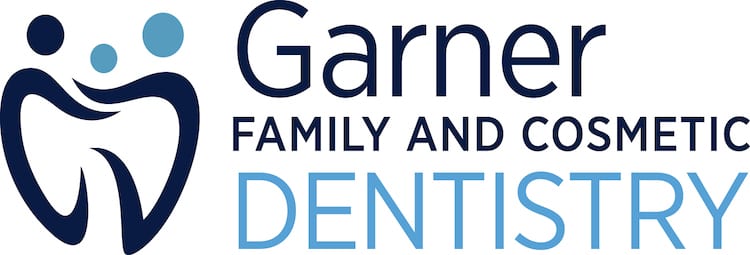Tooth bonding is the process of making a tooth-colored resin and applying it over the surface of your existing tooth to make it better blend in with the rest of your smile. A general and cosmetic dentist in Garner, Dr. Matthew Jenne can provide tooth bonding services to meet your cosmetic dental needs and for restorative dentistry purposes.
If you suffer from chipped, discolored, or misshapen teeth, our tooth bonding services can relieve you of these minor cosmetic concerns. While this is not a permanent solution to any dental damage, tooth bonding is a quick and cost-effective way to restore the appearance of your smile until more in-depth services are needed.
Many of our patients find that the bonding resin lasts them several years, depending on their oral hygiene habits. This makes tooth bonding especially helpful to our younger patients whose teeth are still developing and are looking to prolong the need for more invasive services.
Tooth Bonding: What to Expect
Tooth bonding at Garner Family and Cosmetic Dentistry is a straightforward procedure. Dr. Jenne starts by creating a custom resin material that matches the color of your tooth. Then, your tooth will be etched or roughened slightly to help the bonding material adhere more thoroughly to your existing tooth.
Afterward, the resin will be applied to the roughened portion of your existing tooth and bonded with ultraviolet light—similar to our dental fillings process. Dr. Jenne will then file and polish the bonded resin to best match the intended shape of your tooth and ensure that it does not affect your regular bite patterns.
Tooth Bonding FAQs
How strong is bonding on front teeth?
Dental bonds are strong and reliable on front teeth. They are made out of a composite resin that chemically bonds to teeth. Your bond should function and feel as stable as your natural teeth.
How long does teeth bonding last?
On average dental bonds last up to 10 years. They may last longer with good oral care and a healthy diet. Chewing ice or hard candy may negatively impact the lifespan on your bond.
Can a bonded tooth be whitened?
Bonds cannot be whitened. They are color matched to your surrounding teeth, so that they match at the time of the bond procedure. If you wish to have your teeth whitened do so before getting a bond, because bonds cannot be lightened.
What can you not do after teeth bonding?
After tooth bonding we recommend that patients avoid eating hard or chewy foods. This includes ribs, chicken, hard candy, bagels, nuts, apples, etc. It is important to stick to a soft diet for the first couple of days following your procedure.
How long does dental bonding take to set?
Dental bonds typically take about 30 minutes to an hour to fully set. Bonds are applied using a tooth colored resin. Once the resin has hardened and dried your bond has set.
How long after bonding can I eat?
There is no need to wait to eat after your bonding procedure. It is not uncommon to experience slight sensitivity when chewing but it will go away after a few days.
Tooth Bonding Aftercare
After your tooth bonding appointment, be sure to avoid anything that could potentially stain the new resin for at least 48 hours. We specifically suggest avoiding:
- Tea
- Coffee
- Red Wine
- Soda
- Fruit Juice
- Tomato-based sauces
- Cigarette Smoke
Additionally, we recommend continuing to brush your teeth often and schedule regular cleanings to maintain the desired cosmetic appearance. If you notice any issues with your bite immediately following your tooth bonding appointment, feel free to reach out to us again, and we will gladly take another look!
